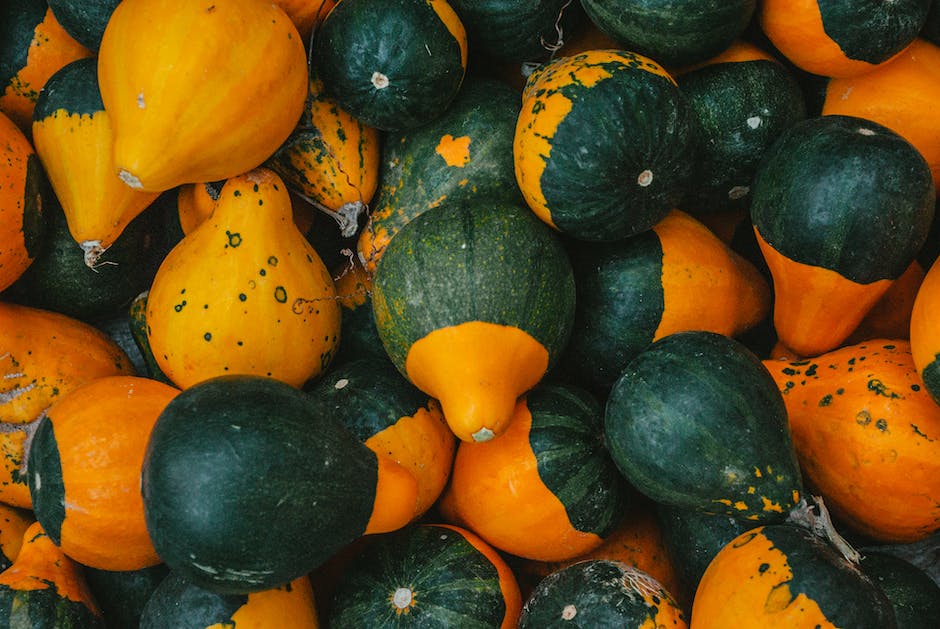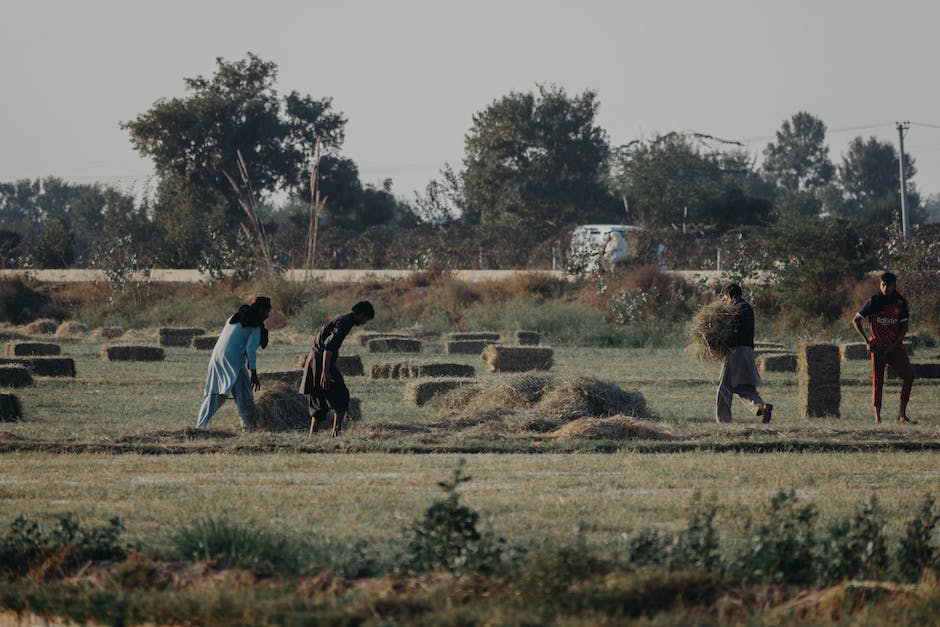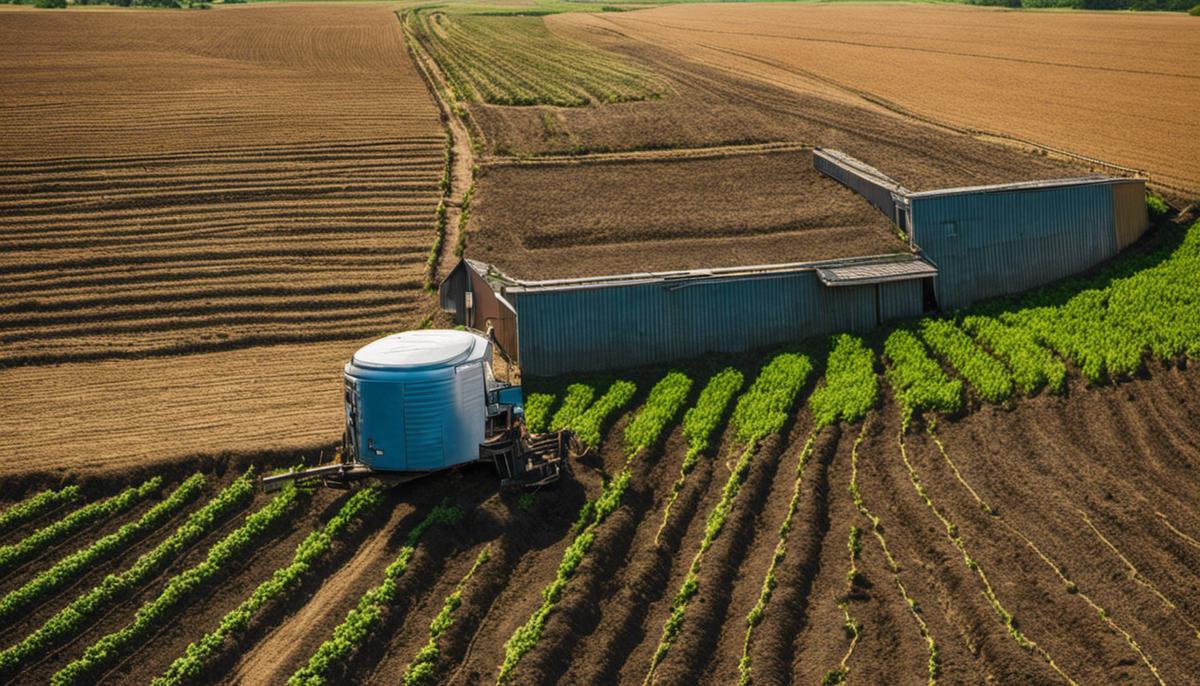
Organic Farming 2023
Description: The dawn of sustainable development has projected the practice of organic farming into the limelight, making it a critical component in resolving food supply concerns while preserving our environment. By adhering to the core tenets of organic farming: sustainable agricultural practices, avoidance of synthetic fertilizers and pesticides, and the strategic use of natural inputs, there exists a promise of healthier, nutrient-dense food and a more biodiverse, ecological stability. This compelling landscape of organic farming opens doors to a range of innovations and adaptations, some driven by the undeniable impact of climate change, others by the persistent aim of overcoming challenges and increasing yield potential. It also fosters the potential to profoundly influence our societal and economic structures, making it a significant participant in the narrative of our collective future. Organic farming stands as a globally recognized system of agriculture that harmonizes the combined principles of ecology, soil biology, and biodiversity. It underscores a profound relationship between humanity and nature, pushing forth a sustainable model of agronomy. As we delve into the foundational principles of organic farming, it becomes clear how they contribute to sustainable agriculture. Firstly, health sits at the forefront of organic farming principles. Emphasizing a holistic approach, organic farming seeks to augment the ecological balance while ensuring the sustained health of the environment, farming systems, and humanity. The endeavor here is to cultivate the biological vitality of soils, encouraging the multifarious ecosystems within to thrive. The approach is undeniably cyclic, with robust soil biology underpinning healthy plants and subsequently, healthy animals and humans. Secondly, ecology acts as a defining pillar of organic farming. Respect for the complexity and interdependence of natural ecosystems resonates heavily in this manifestation of agronomy. By narrowing reliance on non-renewable resources, organic farming exploits naturally occurring processes to boost productivity, such as nitrogen fixation by leguminous crops. This ecological lens works collectively across crop rotation, intercropping, and agroforestry systems to foster a sustainable agricultural framework. Additionally, the principle of fair relationships and cooperation holds significant weight in organic farming practices. In comprehending the extensive symbiosis within the agronomic landscape, the focus shifts towards equitable relationships, engendering a shared prosperity for all entities involved, from farmers to customers, to the environment itself. This principle promotes biocultural diversity, upholding indigenous knowledge alongside scientific research to ensure a genuinely sustainable farming praxis. Lastly, but importantly, the principle of care rounds out the fundamental tenets of organic farming. Prioritizing precaution and prevention in the face of scientific uncertainty results in a practice inherently geared towards safeguarding future generations. Above being merely a set of techniques, organic farming operates as an evolving paradigm, constantly adapting based on observations, experiences, and new researches. The infusion of these principles positions organic farming as a cornerstone for enabling sustainable agriculture. Respect for the ecosystem, coupled with the transformational power of health-oriented, equitable, and caring decisions, serves to offer a technique that exerts less strain on the environment, enriches biodiversity, and betters socio-economic conditions. Thus, the fundamentals of organic farming provide not only methods that support the ecological balance but also operationalize sustainable agronomy on a global scale. In conclusion, organic farming in its essence is a testament to humanity's ability to learn from and work with nature. It's not a regression to age-old methods but a step forward, integrating time-tested wisdom with modern scientific understanding. The complexities are many, but the pursuit is singular: more harmonious and sustainable agriculture for all. Organic farming, firmly rooted in the principles of health, ecology, fair relationships, care, and the fusion of traditional knowledge with contemporary scientific understanding, stands at the threshold of remarkable transformations. Foreseen advancements and innovations through to 2023 are likely to further deepen these fundamental principles while opening up new possibilities. Firstly, a revolution in biofertilizers is on the horizon. Organic farming's rejection of synthetic fertilizers necessitates an ongoing development of sustainable, natural alternatives. Projections point towards concentrated efforts in research and innovation aimed at improving the effectiveness of biofertilizers. An increased understanding of soil microbiology can lead to novel products that enhance soil fertility whilst concurrently promoting plant health and productivity. Secondly, advancements in crop genetic alterations that align with organic farming's ethos have been foreseen. Modern breeding techniques such as marker-assisted selection and genome editing could yield varieties specifically bred for organic farming conditions. These could not only be resistant to pests and diseases, but may also require less input, thus harmonizing the ecological balance. Thirdly, a renaissance in traditional farming practices corresponding with technologically driven methods is expected. Innovations in technological toolsets like artificial intelligence (AI) and machine learning (ML) could reinterpret and optimize time-honored techniques like crop rotation and intercropping. The likely result would be to enhance soil fertility while ensuring greater crop productivity, further embedding the foundational principle of ecological sustainability in organic farming. Fourthly, the drone technology, traditionally seen as synonymous with modern agricultural practices, is set to impact organic farming too. While ensuring the sanctity of organic farming principles, drones could enhance disease detection, irrigation efficiency, and soil health analysis. This level of precision agriculture reduces waste and fosters the synergistic interaction between ecology and modern science. Last but not least, one anticipates a notable shift towards micro-farming, driven by advancements in vertical and container farming. As the global population burgeons and urban areas expand, these innovative farming techniques, harmonious with organic farming's underpinning philosophy, could bring sustainable agriculture closer to consumers. Thus, projected innovations and advancements in organic farming by 2023 strike a balance between reinforcing the discipline’s foundational principles, whilst embracing modern scientific understanding. They punctuate the evolving dialogue between timeless wisdom and contemporary knowledge, assuring a continual journey towards sustainable agriculture. The future of organic farming is nothing if not promising. Expounding on the first, erosion of soil fertility stands at the forefront of organic farming obstacles. Depletion of nutrients, particularly nitrogen, from the soil due to frequent farming, can easily transfigure a thriving plot into barren land. Current research is moving towards the development of advanced composting techniques which involve the cultivation of nitrogen-fixing microorganisms, thereby returning this vital nutrient to the soil. Next on the agenda is the funneled magnification of pests. Traditional farming methods counter this issue with synthetic pesticides. However, organic farming restricts the use of synthetic chemicals, resulting in a significant pest management challenge. The proposed solution leans toward the reactionary methodology - fostering beneficial insects and birds to curtail the expansion of pest populations. Turning to the economic aspect, the higher cost of organic farming when compared to conventional methods poses a significant challenge. However, the exploration of subsidy policies and schemes that promote organic farming is underway. With intentional government intervention and industrial support, a seismic shift in affordability is a realistic expectation. The last hurdle rests on the balance between increased demand and limited supply. As the popularity of organic farming products escalades, so does the pressure on organic farmers to maintain supply. In response, advancements in farming technologies and methods, like vertical and container farming, are being fast-tracked. It is envisioned that such technology would ramp up production without compromising the organic quality. Looking beyond 2023, many more innovative technologies such as bioinformatics and predictive agricultural analysis may find their place in organic farming. The objective is clear - to establish organic farming as a viable and sustainable approach that can cater to the nutritional needs of the constantly growing global population while preserving the environment. In conclusion, these pressing challenges in organic farming are monumental but not insurmountable. With steadfast research, innovation, and collaboration, the future of organic farming appears bright albeit lined with trials. It beckons a new era of farming, one that is harmonious with nature and promotes healthy and sustainable living. It rightly carries the mantle of our quest to align traditional wisdom and modern scientific understanding. After all, the journey of progress is not linear, but rest assured, it is forward. The Shift to Organic Farming: Anticipated Socioeconomic Impact by 2023 Organic farming's potential to reshape the socioeconomic landscape certainly warrants academic dissection, and by evaluating the current trends and projected trajectory, an enlightening vision of the global borderline of 2023 may be conceived. Of pivotal significance is the economic revitalization that organic farming promises to local communities. Inextricably linked to agricultural practices, local economies may be substantially stimulated through the adoption of organic farming. These methodologies necessitate larger labor forces than conventional farming, and hence, herald a potential decrease in local unemployment rates. Correspondingly, the increased expendable income could boost local services and businesses, nurturing thriving communities. Highly pertinent here is also the eminent shift in consumer preference towards organically produced food. The increased demand, reinforced by growing health and environmental consciousness, portends a potential market expansion. Such an expansion could galvanize new economic opportunities and spur innovation within the agricultural sector, lending a competitive edge to nations that adequately invest in organic farming infrastructure and research. Simultaneously, the transition to organic farming has a profound bearing on the rural-urban divide. Organic farming's inherently sustainable, self-sufficient nature promotes rural development, potentially mitigating urban migration trends. An establised organic farming structure offers the prospect of a self-contained economy, raising standards of living and knitting together healthier, more stable societies. Furthermore, economic diversification is an oft-neglected aspect of this discourse. Many organic farming practices, such as agroforestry and mixed cropping, breed biological diversity. This ecological asset translates into an array of marketable products, consequently stimulating a more diverse and resilient economy less prone to market volatility or monoculture dependency. The ultimate adoption and success of organic farming also heavily relies on policy and regulatory measures adopted by nations. Besides monetary incentives, policymakers must also prioritize educational initiatives to disseminate knowledge of organic farming techniques and their associated benefits. In conclusion, the anticipated socioeconomic impact of the shift to organic farming by 2023 ascends beyond mere speculation to a realm of significant potential. As demonstrated, the possibilities are numerous and impactful: economic renewal, urban-rural balance, market diversification, and regulatory support. Each facet operates under the promises of organic farming, and by actively embracing these techniques, we can start to script a sustainable and inclusive future. The task rests not just with governments or policymakers, but equally with farmers, consumers and communities. Together, as co-custodians of our global environment, attaining a sustainable vision for 2023 can transform from mere conjecture into a palpable reality. As we accelerate towards the year 2023, it becomes increasingly evident that organic farming is not just a trend, but an imperative transition for a sustainable future. With rapidly evolving techniques and strategies to manage challenges, there is room for optimism. However, it's paramount that this optimism is coupled with active involvement and support from farmers, consumers, and policymakers alike. Organic farming, if properly executed and promoted, could reshape the agriculture landscape, offering promising prospects pertained to employment, rural development, environmental sustainability, and public health. Collectively, these developments paint a picture of a future where agriculture doesn’t just provide food, but also nurtures the very fabric of life that sustains us.Understanding the Fundamentals of Organic Farming 2023
The Foundational Principles of Organic Farming: Pioneering Sustainable Practices in Agronomy

Prospects and Innovations in Organic Farming 2023
Heading: New Frontiers in Organic Farming: Projected Innovations and Advancements by 2023

Challenges in Organic Farming and Potential Solutions 2023
Turning our attention to the pressing challenges organic farming currently faces, it becomes glaringly evident that despite impressive strides, it is far from a perfected system. Moving forward into 2023 and beyond, prevailing issues such as erosion of soil fertility, funneled magnification of pests, economic viability, and increased demand with limited supply, continue to hinder the growth of organic farming. Addressing these challenges is the primary order of business in the current research and development efforts in this field.

Socioeconomic Impact of Organic Farming 2023
